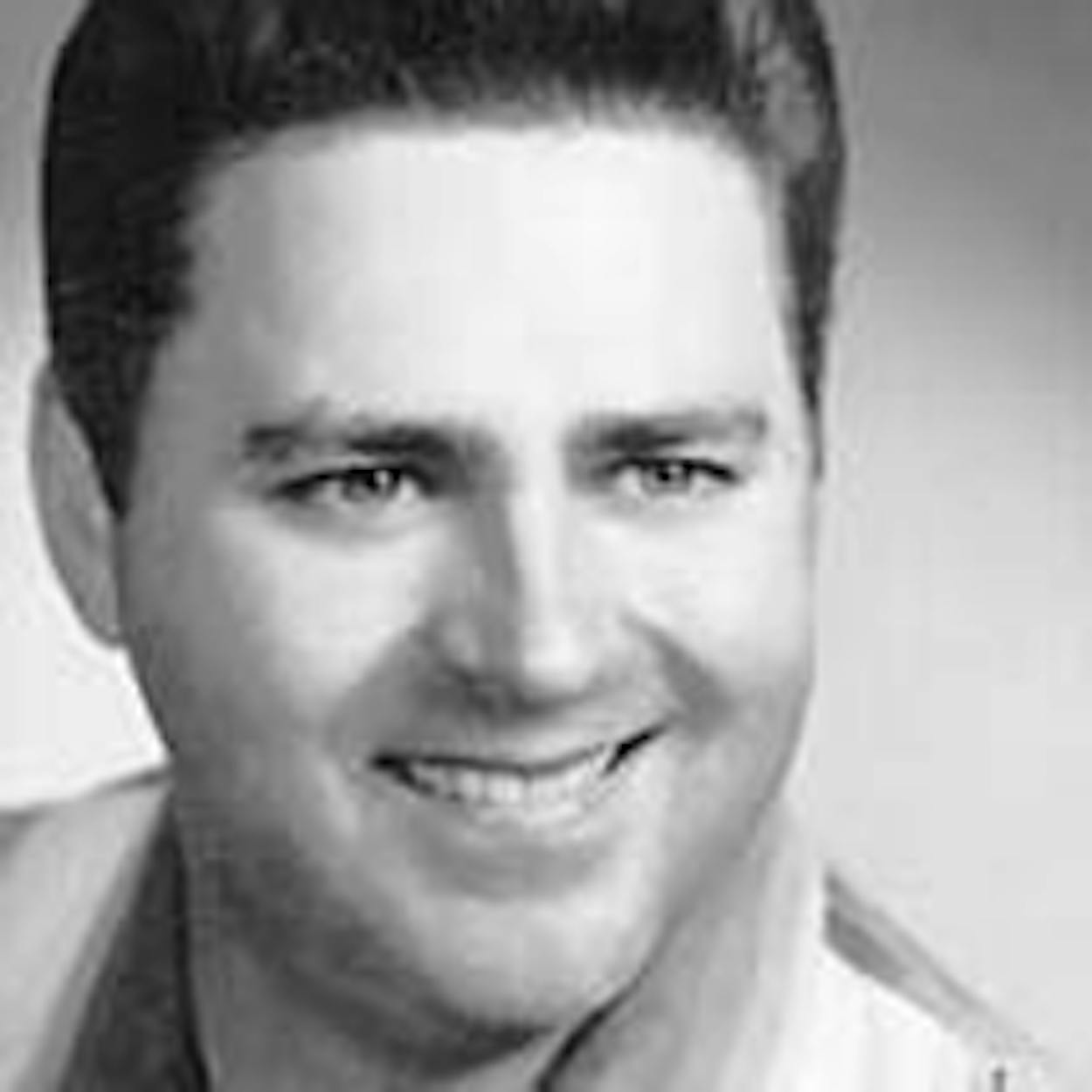The e-mail arrived in late 2009 or early 2010 looking, on the surface, like so many music press releases. For some reason that day I did not automatically delete the post, scanning it for all of ten seconds when my eyes fell on two words: “Huey Meaux”—as in Huey Meaux, legendary record producer behind hits including Freddy Fender’s “Before the Last Teardrop Falls,” Roy Head’s “Treat Her Right,” Barbara Lynn’s “You’ll Lose a Good Thing” and the Sir Douglas Quintet’s “She’s About a Mover.” This sounded odd since last I’d heard he was in prison serving fifteen years after pleading guilty to two counts of sexual assault with a child (see Joe Nick Patoski’s 1996 story, “Sex, Drugs, and Rock and Roll”).
Out of curiosity, I called the number on the press release. Meaux answered the phone. He explained that he had been released from the pen three years previous and he was back at work. He had started a publishing company and wanted to promote the singer Ramon Angel Solis, in particular, Solis’s version of “The Mexican Side of Me,” a tune Meaux had originally set aside for Freddy Fender. He elaborated on his plans to distribute the records to Spanish-speaking radio stations in the area, but honestly, his accent was so thick I’m not entirely sure what he said. Clearly, the man’s music reputation was built on compulsion. He would have left a proud legacy if only he’d been able to curb the more sordid compulsions for underage girls.
When word came last weekend Huey P. Meaux died of organ failure at age 82 last Saturday, it may have surprised some people that he lived long enough to see old age. According to his nephew, Larry Meaux Jr., he “had five lives on that body,” and his health had been declining to the extent that a caretaker moved into his home in Winnie last January. Larry Meaux Jr. admitted that his uncle was concerned about his tainted legacy. “What are you going to do about it?” he asked. “It was done. He commented to me that [his crime] wasn’t worth [the penalty]. It wasn’t worth it because of what it cost him. People can make different judgments. But there was a reformation regarding some things about what he did after he got out and while he was in prison. He thought about the family, how it might affect those close to him.
“There is a good side to my uncle: his talent,” he continued. “He always believed in marrying the song with the voice. But there is also what I call his misbehaving part, which, after he had gotten out of prison and the halfway house, he looked at me, pointed a finger at me, and said, ‘Junior don’t you do what I did. You behave.’ And I said, ‘Uncle Huey, you messed up enough for both of us.’”









